The phrase "taking the Lord's name in vain" is often misunderstood, with many people associating it with simply using religious exclamations like "oh my God" in moments of frustration or surprise. However, the concept goes much deeper than mere word usage. It's about the profound misuse of religious authority, specifically using the name of Jesus to justify oppression, marginalization, and violence. In this article, I want to look at the true meaning behind "taking the Lord's name in vain" and why it is important to reflect on this concept in the context of faith and morality.
The Biblical Context
The idea of not taking the Lord's name in vain has its roots in the Ten Commandments, one of the foundational principles of Judeo-Christian morality. The Third Commandment, as found in the book of Exodus, states, "You shall not take the name of the Lord your God in vain, for the Lord will not hold him guiltless who takes his name in vain." At first glance, this may seem to refer only to superficial issues related to profanity, but its implications are far broader.
Using the Name of Jesus to Justify Oppression
One of the most significant aspects of taking the Lord's name in vain is the act of using religious authority to legitimize oppression and violence. Throughout history, there have been numerous instances of individuals and groups claiming to act in the name of Christ while perpetrating acts of injustice. This misuse of faith, often for personal or political gain, is a grave offense. Justifying harmful actions under the guise of religion not only distorts the true message of Christianity but also perpetuates suffering and division.
Marginalization and Exclusion
Another aspect of "taking the Lord's name in vain" is the exclusionary practices that some people employ within religious communities. Rather than embracing the message of love and acceptance preached by Jesus, they use their faith as a tool to marginalize and exclude those who do not conform to their specific beliefs or identities. This misuse of faith is contrary to the core principles of Christianity, which call for inclusion, compassion, and understanding.
Empty Declarations of Faith
Perhaps one of the most subtle but insidious forms of taking the Lord's name in vain is the act of calling oneself a Christian without embodying the values and teachings of Christ. Merely claiming a religious identity without actively practicing mercy, justice, liberation, and love is, in essence, an empty declaration of faith. True Christianity involves not just professing one's faith but also living it through actions that reflect the teachings of Jesus.
The True Work of Christ
To avoid taking the Lord's name in vain, it is imperative to focus on the true work of Christ. Jesus' teachings emphasize love, forgiveness, compassion, and service to others. Living out these values is the essence of being a true Christian. This includes working toward social justice, uplifting the marginalized, and actively promoting mercy and love in the world. It means rejecting the use of faith as a tool for power, control, or division.
The concept of "taking the Lord's name in vain" holds profound significance that goes way beyond the shouting of religious exclamations. It calls us to reflect on our actions and their alignment with the teachings of Jesus. Misusing religion to justify oppression, marginalization, or violence, and merely professing one's faith without embodying its principles, all fall under the umbrella of taking the Lord's name in vain. To truly honor the message of Christianity, we must actively practice mercy, justice, liberation, and love and reject any attempt to misuse faith for personal or political gain. In doing so, we can strive to live out the authentic work of Christ and ensure that our religious identities are meaningful, compassionate, and in harmony with the core values of Christianity.
